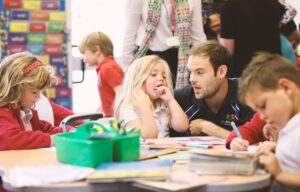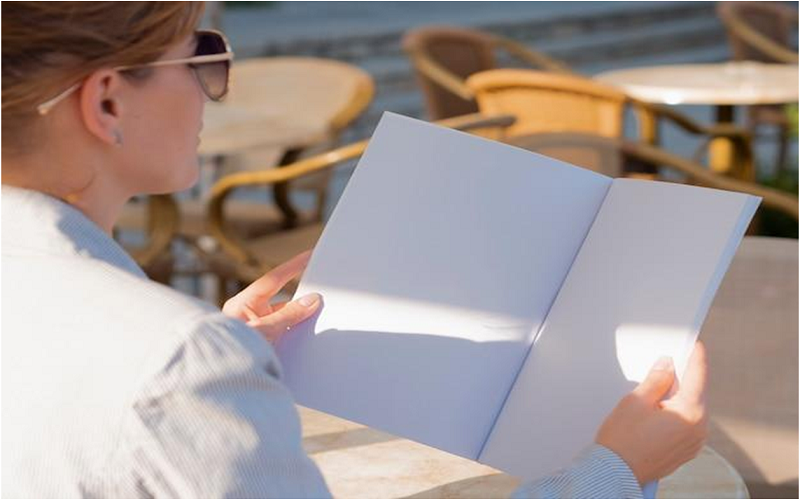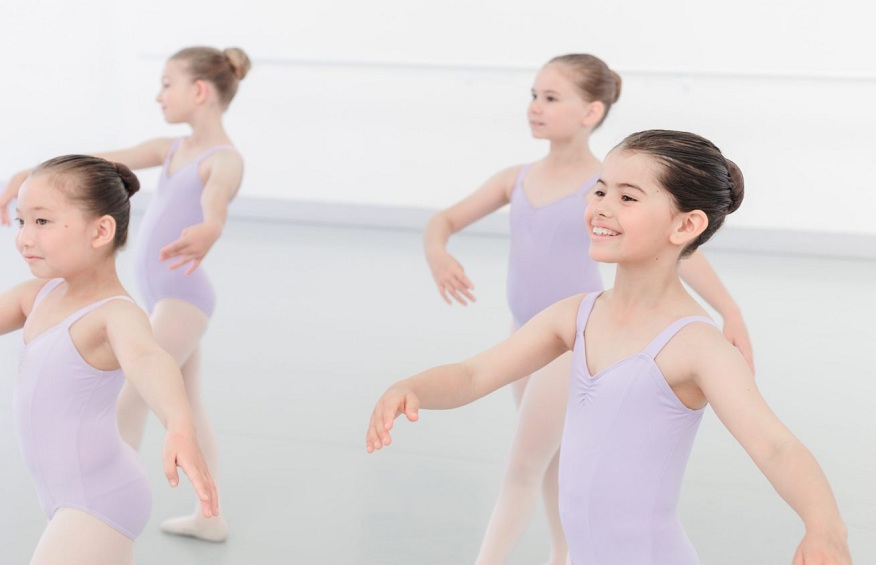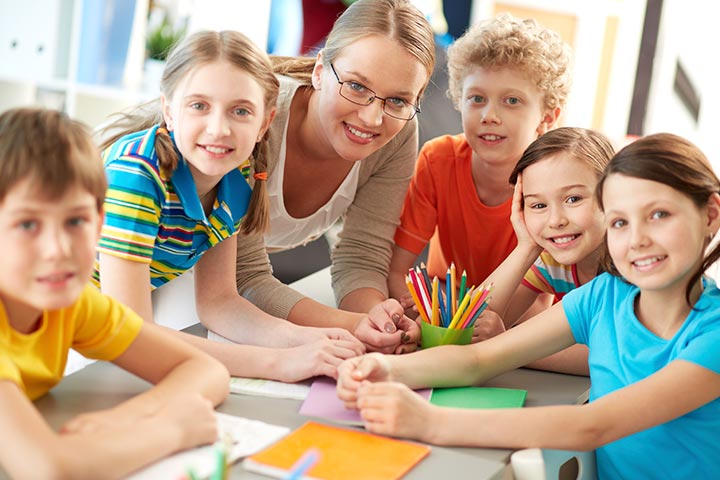Elementary education
The mastery of the French language and the first elements of mathematics are the priority objectives of elementary school to allow students to access the fundamental tools of knowledge.
From CP , students discover the learning of a living language (foreign or regional). In cycle 2, the program provides lessons for questioning the world, artistic lessons (plastic arts and musical education), physical and sports education and moral and civic education.
The “common base of knowledge, skills and culture” constitutes all the knowledge, skills, values and attitudes necessary for successful education, life as an individual and as a future citizen. From primary school to the end of compulsory education, students gradually acquire the skills and knowledge necessary to master this common base.
Evaluations
The evaluations make it possible to assess the progress of each student in relation to the objectives defined in the programs . Based on this observation, teachers provide help to students who need it.
Support devices
Accompanying measures complete the compulsory lessons in elementary school . School children can benefit from additional educational activities, refresher courses for CE1, CM1 and CM2 pupils and educational support in priority education schools. These schemes promote academic success for all.
The operation of the school
The elementary school includes classes from CP to CM2 . The primary school includes kindergarten classes and elementary classes, from the small section to CM2.
The school principal
He exercises administrative and pedagogical responsibilities and represents the institution with the municipality and the parents of pupils.
The council of cycle teachers
It makes it possible to take stock of the progress of the pupils and to draw up the educational project for each of the cycles (cycle of fundamental learning and cycle of consolidation).
The school-college council
The school-college council aims to strengthen educational continuity between the first and second degrees. It brings together teachers from the college and schools in its area. The school-college council is chaired by the principal of the college and the national education inspector in charge of the district.
It meets at least once per quarter and votes on the school’s internal regulations, gives opinions and suggestions on the functioning of the school .
In secondary education, the health and citizenship education committee (CESC) has four missions:
It is in an educational continuity that actions must be undertaken allowing students to develop behaviors of individual, collective, moral and civic responsibility by appealing to the sensitivity, conscience and commitment of each one.
The methods of action must be articulated with the objectives of knowledge and skills for the mastery of the common base, in particular those of domain 3 “the training of the person and the citizen”, the disciplinary and interdisciplinary teachings as well as the different courses implemented, more particularly the educational health course and the citizen course.
The actions are also part of a process of co-education with parents and the implementation of educational alliances.
School teachers, school principals and national education inspectors in charge of the first degree district can take part in the college’s health and citizenship education committee (CESC), within the framework of Inter-degree CESC.
What does it mean to be a primary school teacher?
The school teacher is a versatile teacher. It accompanies a growing child and helps him grow. For this, he must master the knowledge he teaches and understand the learning processes of children from 2 to 11 years old. While respecting the official instructions, it must take into account the diversity of the students. He must be able to evaluate the students in order to adapt his teaching according to the results obtained. He works as a team and cooperates with parents and school partners.





